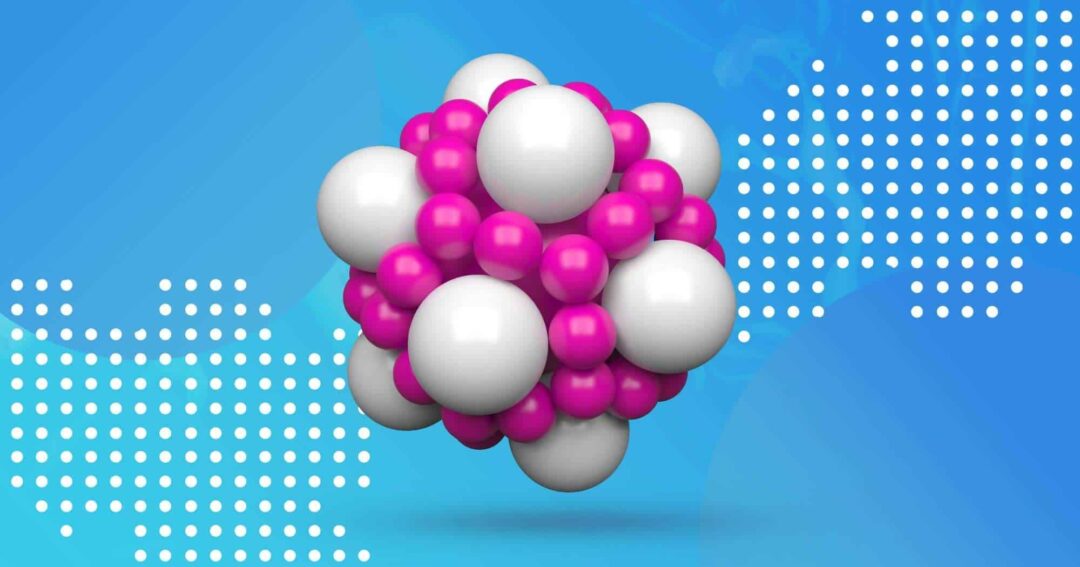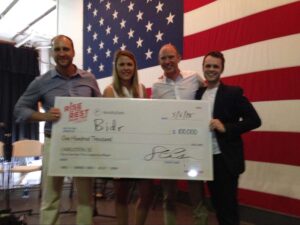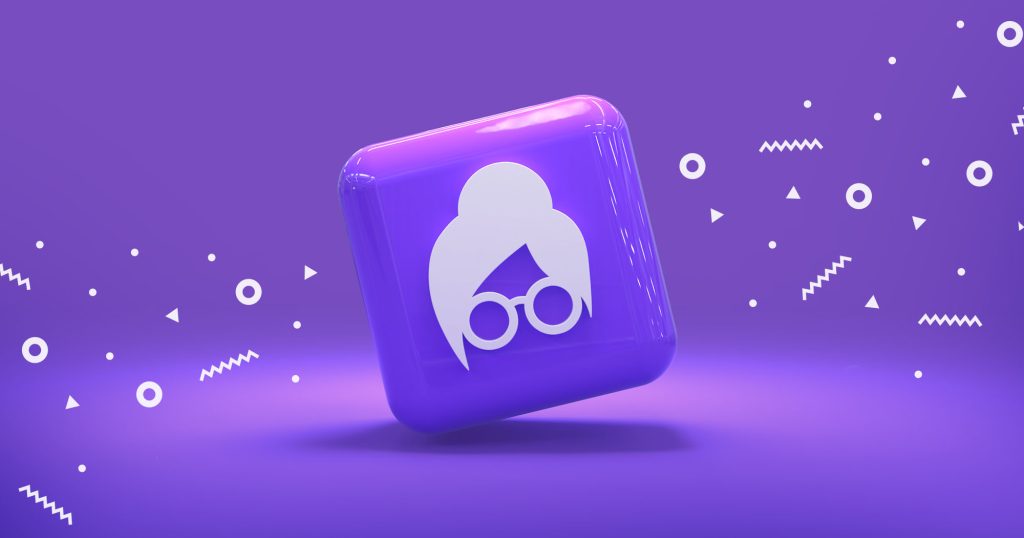Today we’re sharing an interview with the Founder and CEO of our partner company, Fourletter.io, Joshua Jordan, talking about science-based sales, development processes and SDR training.
What does FourLetter do and how does it affect the market?
The biggest challenges right now for sales leaders at software companies are three things:
Training and development of the sales team and process/operations
Lead quantity and quality
Finding qualified entry level sales development reps (because there’s high churn)
fourLetter uses our Science-Based Sales℠ methodolgy to train sales reps, build sales operations and infrastructure, and generate high quantity and quality leads on-demand.
With us, there’s no contract — everything is month-to-month. And with our 10+ experienced Science-Based Sales℠ sales team members, fourLetter is a brilliant option for many growing software organizations with less than 30 sales reps.
preHIRED.io is also another fourLetter company based on our Science-Based Sales℠ methodology. We provide a 15-day bootcamp to train sales reps with high aptitude, attitude, and ambition to be the top producers in sales development. preHIRED.io also helps these sales reps get hired at software companies around the country.
When you founded FourLetter, did you have a certain sales process already in mind or is that something you were building out from scratch?
Before founding fourLetter, I had a history of working at several great sales training organizations. Dale Carnegie Training, the world’s largest training organization, was actually my client in Tokyo before I began working for them. And then soon after, I went through the entire Sandler Training program.
And lastly, I was the VP of Admissions for an online sales university called for a professional sales speaker called SalesU by Jack Daly.
When I started out, we were going to help grow sales for different companies… and soon after I realized that I wanted to focus on and specifically work with software companies.
The problem was that the current sales methodologies I had experience in were great for certain aspects of sales for non-tech companies but didn’t properly cover the full scope of what a sales development rep or account executive would actually be doing in their day-to-day on the job.
I needed something more to be effective in the entire software sales process.
So I researched and studied many other methodologies out there like SNAP selling, SPIN selling, Grant Cardone, Hubspot’s Sales Acceleration Formula, and of course Aaron’s Ross’ Predictable Revenue.
Studying all of these methodologies and testing different things out on the job helped me realize what did work and what didn’t work as well anymore — as well as what is best suited for a sales process at a tech company.
Ultimately, all of this led to a process that was a series of steps:
Diagnose, Hypothesize, Experiment, Analyze … and then repeat!
And one day it suddenly hit me — we’re kinda like scientists. We’re making data-driven decisions on everything we do — whether it’s in one of the sales process four stages — sales prospection, qualification, discovery, or advisory — or if we’re training sales teams, generating quality leads, or closing deals!
… and this is how the fourLetter’s Science-Based Sales℠ Methodology was born!
Who were some of your first customers and how were you able to close your first deals?
I love sharing how we got our first customer — because it was the classic story of how almost every entrepreneur gets his or her start. LUCK.
But my definition of “luck” is the very same as Roman philospher Seneca. “Luck is what happens when preparation meets opportunity.”
I was ready to quit my day job but not sure what I wanted to do… but I had a background in several sales training methodologies — and I knew it would it would involve that.
It just so happened that in February 2015 I heard that Steve Case, the founder of AOL (you guys remember America Online / AIM?), was coming to Charleston, SC to host a pitch competition at the Harbor Entrepreneur Center with the winner receiving an investment of $100,000.
So thinking this was my chance to finally make my move, I did research on all the companies who would be pitching in the competition. Then I made a short list of the top contenders I thought would win — and ended up choosing an event fundraising app called “bidr”.
It allows you to host a silent auction (which is traditionally on pen/paper) online and let all the bidders register, bid, and pay for the auction items all in a text message in their phone. I knew there was a demand for schools, fundraisers, events, galas, etc — and no one was really doing it at the time.
So I approached the founders of bidr and made a simple case for why they should hired me: You’ve an opportunity to win $100k in 2 months and partner with the guy who freaking invented the internet (and enabled me to get my first girlfriend… man I love AOL Instant Messager!)…
… but I explained they had one big problem: no sales. So I suggested they hire me that day so that I can start getting the sales process started and some closed deals in so we would have numbers to present to Steve when it was time to pitch.
But there was a problem… they were self-funded AND had no sales. They said they couldn’t pay me. I said fine — I’ll do commission only work with ONE condition.
When we win, and we will — I want to stand up there with the rest of the team and hold the check because I am going to use this for PR to start my new sales expert consortium called “fourLetter”.
… so what happened? Well you know the old saying, “a picture is worth a thousand words”.
Has your sales process changed at all during your time at FourLetter?
Every sales development team attempts to figure out the perfect formula for doing outreach to ideal customers. It’s a battle between high quantity or high quality outreach.
When we first started fourLetter in 2015, we started chose to start with high quantity and lower quality of outreach.
After a few months, we quickly shifted to doing a more researched, quality outreach — which means lower quantity, but was definitely the right call.
What what you call the biggest mistake a salesperson can make?
Not asking insightful questions.
Making assumptions — which is a common symptom of not asking good questions.
Sales as industry is definitely not the same as it used to be 10, 20 or 30 years ago. Especially when it comes to a huge tool stack or concepts like sales acceleration. What does SaaaS entail and how does it change the industry?
The sales process is much more complex now — and the way legacy salespeople acted with buyers back then doesn’t work at all anymore. SaaaS (Sales acceleration as a Service) allows software companies to hire in sales experts on-demand so that they can quickly increase sales performance.
No W-2, no long-term contracts — just specific sales support, exactly when you need it. And you stop when you no longer need it. We use our Science-Based Sales℠ methodologies to handle anything roles and activities between the VP of Sales down to Account Executive and the Sales Development Rep.
What would you call the biggest challenge in sales in general or in particular?
It’s easy for us human beings to fall into routines because they are easy and familiar. We are also resistant to change. If you want to succeed in sales in the long term, I suggest you embrace change and learn to be comfortable with being uncomfortable. Do this and you’ll have the right mindset to continue to grow and learn so you’ll to continue to be relevant and have success.
What’s the best investment you’ve ever made – be it time, funds, tools or services, employees, mentorship etc.
- Reading the Bible → I focused on how Jesus influenced people by asking good questions and telling incredible stories that they could relate to. I mean, the human race’s calendar system is named after him — so he was and still is a pretty awesome “salesperson” and influencer.
- Reading Dale Carnegie’s “How to Win Friends and Influence People”. Timeless classic.
- Spending money on anything that increase my skill or abilities in areas that I care about
- Just having mentors at different stages in life. They help you go faster, make less mistakes, and have more fun along the way.
- Sales tools like Reply.io, Hubspot, Base CRM, Linkedin, and 100s more software and tools that make sales activities more effective and fun.
Joshua Jordan
Founder & CEO @ FourLetter





![New in 2025: Reply.io Teams Up with Persana AI [+Live Webinar] New in 2025: Reply.io Teams Up with Persana AI [+Live Webinar]](https://reply.io/wp-content/uploads/persana.io_-1024x538.jpg)
